The Dangers of Pollution
Pollution is the presence of harmful substances in the environment that cause negative effects on living organisms and their surroundings. It can take many forms, including air pollution, water pollution, and land pollution. Pollution can come from various sources, such as factories, vehicles, and even natural disasters.
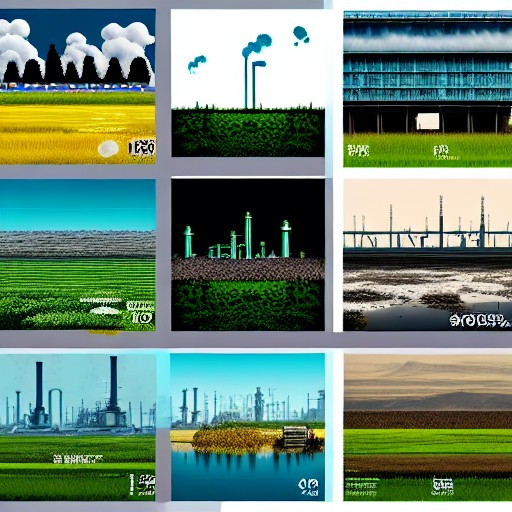
Health Effects
Pollution can have severe health effects on humans and animals alike. Air pollution, for example, can cause respiratory problems like asthma, bronchitis, and even lung cancer. Water pollution can lead to waterborne diseases such as cholera and typhoid fever. Land pollution can cause skin irritation and other skin diseases.
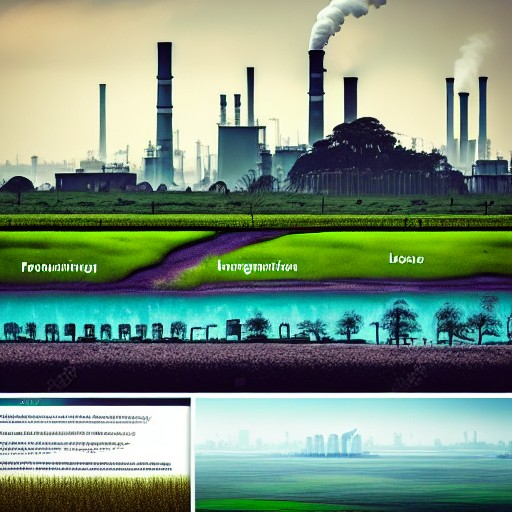
Environmental Effects
Pollution also has a negative impact on the environment. It can harm plants and animals, disrupt ecosystems, and even change the climate. Water pollution can kill fish and other aquatic animals, while air pollution can harm birds and other flying creatures. Land pollution can destroy habitats and reduce biodiversity.
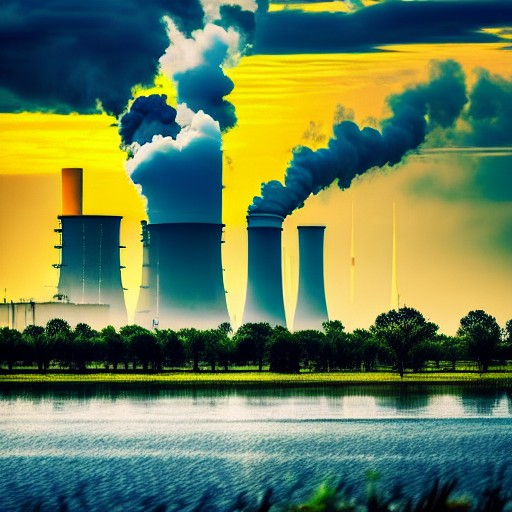
Economic Effects
Pollution can also have economic effects. It can reduce property values, increase healthcare costs, and hurt tourism. For example, if a beach is polluted, tourists may avoid it, leading to a loss of revenue for local businesses. In addition, cleaning up pollution can be expensive and time-consuming.
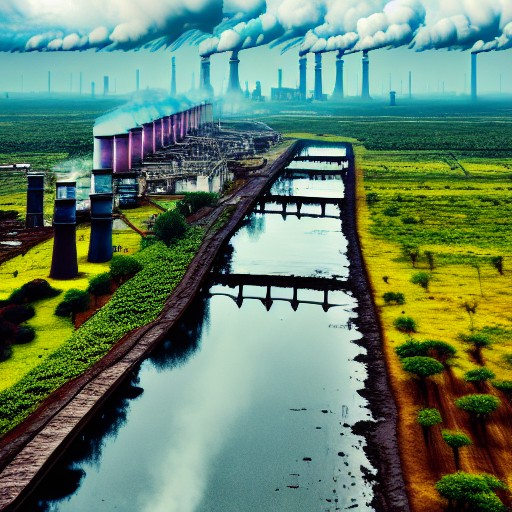
Prevention and Solutions
The best way to prevent pollution is to reduce the amount of waste and emissions that are released into the environment. This can be achieved through better waste management practices, using renewable energy sources, and adopting environmentally friendly behaviors such as recycling and conserving resources. Governments and industries can also implement regulations and policies to reduce pollution.
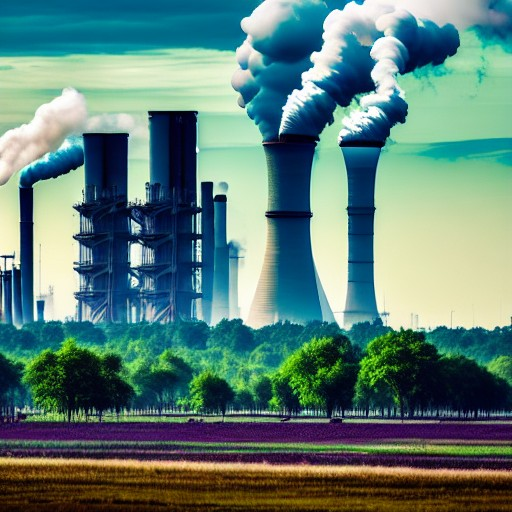
In conclusion, pollution is a serious problem that has negative effects on our health, environment, and economy. It is essential to take steps to prevent and reduce pollution to ensure a cleaner, healthier, and more sustainable future for all.